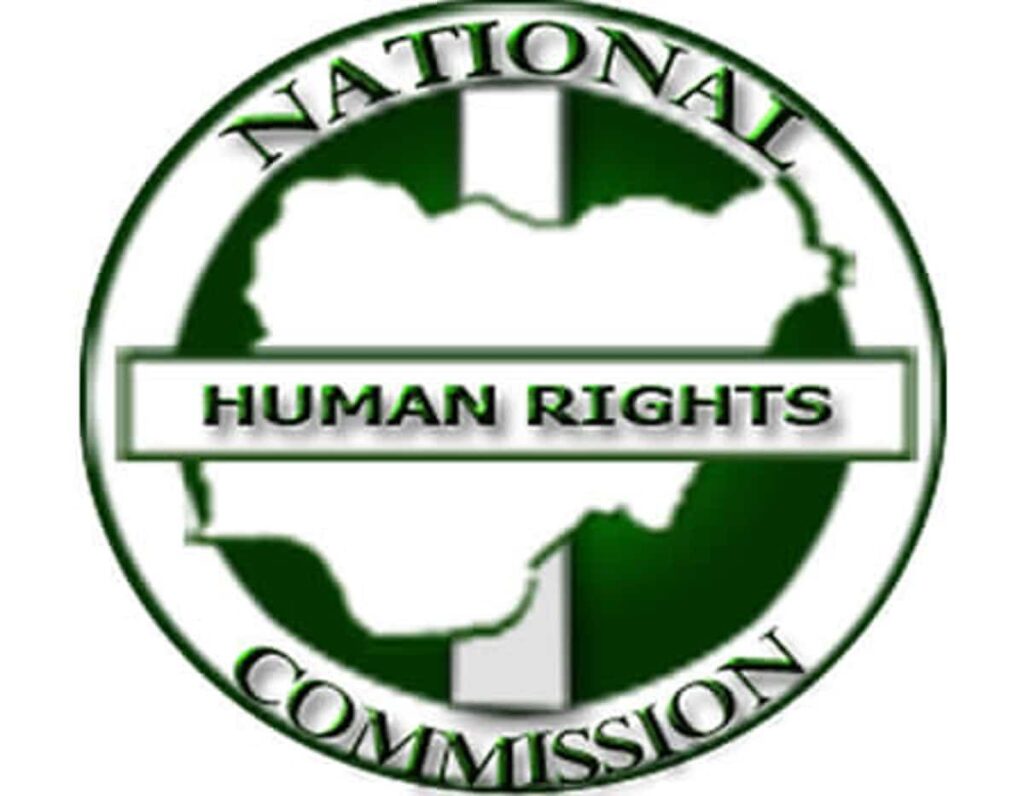
Advocating for stringent laws against cultism in educational institutions, the National Human Rights Commission (NHRC) stressed the importance of balancing these regulations to safeguard students’ rights to form societies and organizations that uphold human rights, intellectual curiosity, and diversity.
During the presentation of the monthly human rights dashboard on abuses for April in Abuja, Hillary Ogbona, the Senior Special Assistant to the Executive Secretary of the NHRC, Tony Ojukwu, SAN, highlighted the Commission’s stance.
April’s focus was on cultism, with over 20 cultism-related deaths reported in three states. The NHRC emphasized that the enduring presence of cultism, particularly in higher education institutions, poses a significant threat to peace, security, and the enjoyment of fundamental human rights by affected communities.
Committing to combatting this issue, the NHRC aims to protect and promote human rights diligently. Cult-related violence not only endangers lives but also disrupts families and communities, impacting societal peace and security.
Furthermore, the dashboard revealed a total of 2011 killings in April, with bandits accounting for 82 deaths and 99 kidnapping cases documented, prominently in the North-West region. Tragically, 13 security and law enforcement agents lost their lives in April.
Calling on all levels of government to uphold their duty in safeguarding citizens’ lives and properties, Ogbona emphasized the need to halt the violence perpetuated by cultism, which undermines societal trust and the right to security.
In support of disseminating human rights information, NHRC’s Director, Tony Ojukwu, SAN, reiterated the Commission’s commitment to collaborating with governmental bodies, civil society, media, and international partners to uphold and enforce human rights in Nigeria.
The human rights dashboard serves as a useful tool for the government to monitor its compliance with national, regional, and international human rights frameworks. Data provided in this report aids in facilitating informed decision-making on human rights matters at various levels of governance.
